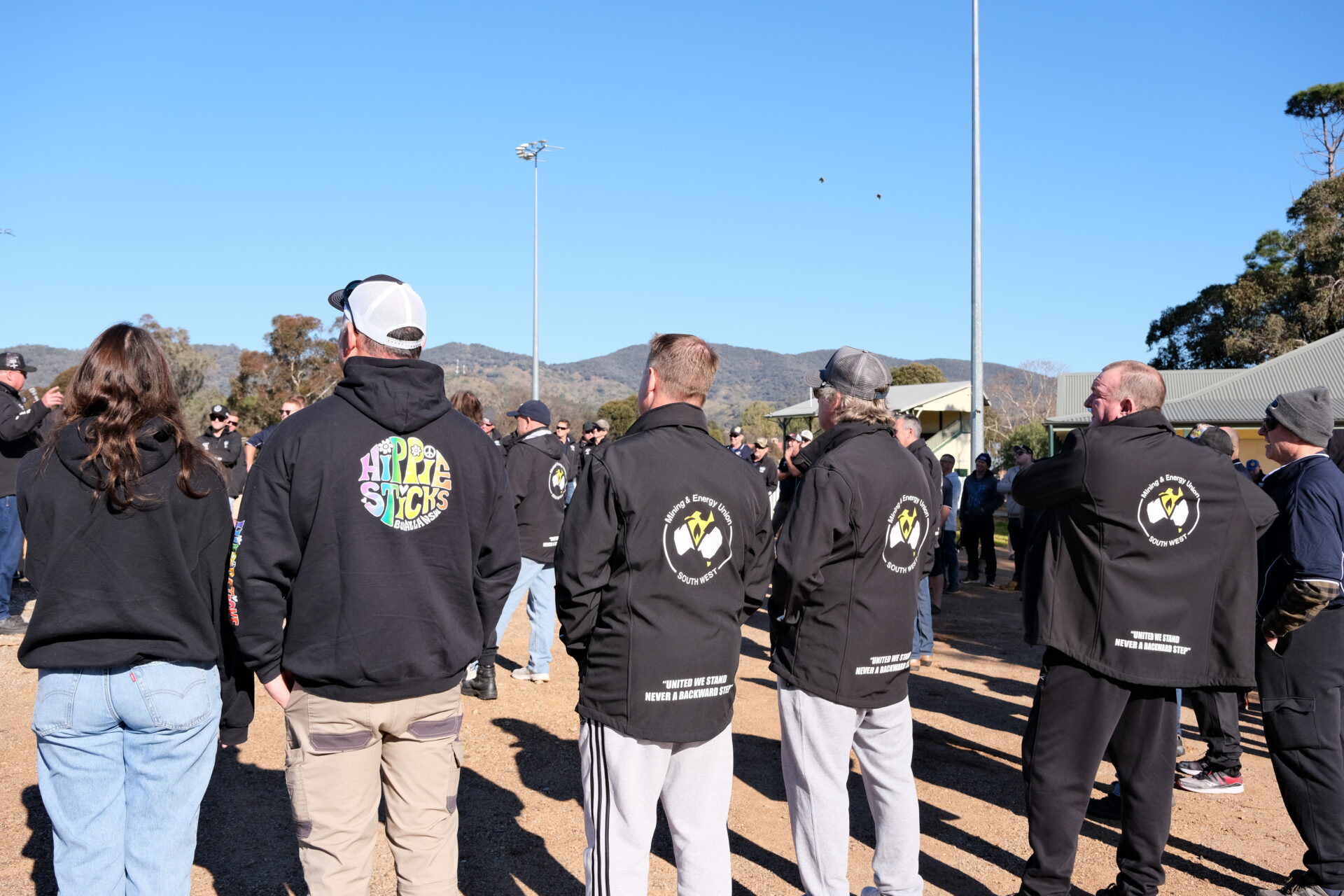Psychosocial hazards are work-related factors that can negatively impact a worker’s mental and physical health. These hazards can arise from the way work is designed, organised, and managed, as well as from the social and environmental conditions of the workplace.
In the mining and energy industries, exposure to psychosocial hazards is common, and when these hazards are frequent, prolonged, or severe, the risk of harm increases significantly.
Common psychosocial hazards include:
- Bullying
- Exposure to violent or traumatic events
- Sexual Harassment
- Excessive workload or unachievable job demands.
How psychosocial hazards affect your health
In high-risk industries like mining and energy, psychosocial hazards can trigger intense stress responses, leading to both psychological and physical health issues if they are not properly managed.
Potential psychological health impacts include mental health conditions such as anxiety, depression, post-traumatic stress disorder (PTSD), sleep disorders, and suicidal thoughts.
According to Safe Work Australia, 9% of all serious workers compensation claims are for work-related mental health conditions.
Physical health responses to psychosocial hazards can include cardiovascular disease, musculoskeletal injuries, gastrointestinal problems, and weakened immune function.
In some situations, hazards such as workplace aggression, harassment, or extreme environmental conditions can also cause immediate physical harm, not just psychological injury.
These effects can worsen when workers are exposed to multiple psychosocial hazards, especially at high intensity or over long periods.
Addressing psychosocial hazards
The MEU is committed to recognising and eliminating psychosocial hazards across our industries, and fighting for safer, fairer, and more respectful workplaces for all workers.
Getting organised: Workplaces with higher union representation are better able to address and reduce psychosocial hazards. In unionised workplaces, workers are better able to address unfair or unsafe workloads; address bullying and harassment; and workers have trusted representatives on site to assist in resolving problems that arise.
Lifting industry standards: The MEU plays an active role working with regulators and state governments to ensure key mine safety regulations and legislation is up to date, including addressing emerging issues like psychosocial hazards. We are working closely with states in areas including camp standards and sexual harassment, influencing the design of industry codes of practice and safety legislation.
Independent reporting: Workers must have the opportunity to report psychosocial hazards including harassment; and have these reports independently assessed. Workers tell us they have a low level of trust in employer complaints processes, which can result in victimisation or inaction. Many jurisdictions have now established hotlines for workers to report sexual harassment and psychosocial hazards (see details below).
Positive duty: Laws are changing to ensure employers have a responsibility to proactively manage and prevent psychosocial hazards in the workplace, rather than simply respond to incidents. Under Safe Work Australia’s model Work Health and Safety laws, employers have a responsibility do everything reasonably practicable to prevent psychosocial hazards; and these requirements are flowing through to state jurisdictions who are responsible for workplace safety legislation. Additionally, Australia’s Sex Discrimination Act was updated in 2022 to introduce a positive duty on employers, compelling them to take proactive and meaningful action to prevent relevant unlawful conduct including sexual harassment.
Support for community programs: The MEU understands that workers’ psychosocial well-being benefits from having a network of support. At the local and national level, we invest in a variety of community initiatives and we are proud supporters of the ‘Mates’ suicide prevention program.
Staying safe at work
Your employer an obligation to protect you from psychosocial hazards, which should be managed using the same structured risk management process applied to all other health and safety risks on site.
If you are concerned about psychosocial hazards at your worksite, please raise it with your supervisor. If you believe it is unlikely to be resolved, or your supervisor or site management are causing the hazard, you can raise it with your:
- MEU delegate on site
- Site Safety and Health Representative
- MEU District Representative
- The mining regulator in your state (see details below).
If you have suffered a psychosocial injury on the job, you should:
- Inform your MEU Delegate
- Record events in a diary
- See a doctor of your choosing
- Complete Workers Compensation forms as required
- Follow your site’s grievance or complaints process – OR contact the mining regulator in your state.
MEU representatives also have a duty of care to ensure psychosocial safety for people participating in union activities and events. As an emerging issue, it is important for everyone to understand what psychosocial hazards are, and how we can work together to improve safety.
Support:
If you or someone you know is in immediate danger, or you believe a crime has been committed such as physical or sexual assault, call Triple Zero (000).
If you are experiencing distress, you can contact:
- Your workplace Employee Assistance Program
- MATES in Mining / Mates in Energy – 1300 642 111 For industry-specific mental health and suicide prevention support.
- 1800RESPECT – 1800 737 732 For people impacted by domestic, family or sexual violence.
Some state jurisdictions offer direct reporting to the resource regulator, for independent review and investigation of incidents on mine sites.
- Queensland: 1300 581 077
- NSW: 1300 814 609
- Western Australia (24-hour hotline): 1800 678 198
